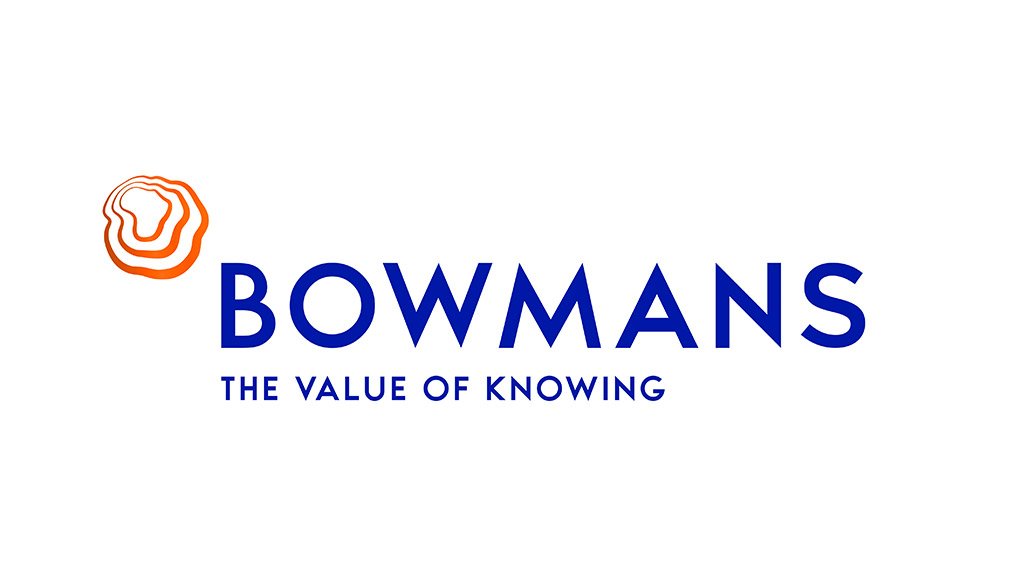As the economy sheds jobs and business closures mount because of the Covid-19 pandemic, South Africa has its work cut out in attempting to expand the tax base. This would be difficult but not impossible to achieve, says Robyn Berger, Executive: Tax at leading African law firm, Bowmans.
Taxing the digital economy and the informal economy could potentially bring many new taxpayers into the net, although both routes could pose considerable challenges, Berger says.
Of the two, taxing the digital economy would likely face the biggest hurdles, particularly if SARS follows through on its proposal to unilaterally tax the gross revenues that digital companies make in South Africa.
‘Currently, South Africa taxes limited aspects of the digital economy through the value added tax system. Although SARS has indicated it would prefer to align with the initiatives of the Organization for Economic Cooperation and Development (OECD) on such matters, it is taking longer than anticipated for the OECD to develop a single set of rules for use globally,’ Berger says.
There are also concerns that the current OECD approach would not benefit South Africa as a developing country.
‘SARS has therefore suggested that a more immediate, unilateral approach may be appropriate, in line with many other countries across the globe that have elected to institute what seems akin to a withholding tax on gross revenue generated from the country. This approach is not without difficulty and may prove fruitless if bilateral tax agreements are not amended to allow South Africa to impose such taxes,’ she says.
‘The problem with a unilateral approach is that these measures are perceived as targeting mainly US corporations, leading to trade wars. South Africa cannot afford counter action from the US at this time. I think the imposition of VAT may be more acceptable because ultimately it is the consumers who would foot the bill.’
Berger argues that the untaxed, informal economy could also be a focus area for expanding the tax base.
‘The biggest difficulty with this is that no one really knows the value of this economy and what level of tax revenue could be generated from it. Some estimate that it contributes billions to South Africa, making up 20% of jobs in the country,’ she says.
‘While the informal economy has undoubtedly been significantly impacted by Covid-19, it is likely to bounce back relatively quickly or find ingenious ways to trade through Covid-19. It may even grow, through the addition of individuals who have been retrenched electing to start their own businesses. Targeting this economy seems like an obvious way to expand the tax base.’
The burning question, however, is how South Africa could go about this in practice.
Berger suggests a two-pronged approach. ‘It would be necessary to appeal to the moral conscious of taxpayers to get them to comply and then, because these businesses are predominately cash based, there’s a need to be able to police their compliance.’
This seems a relatively easy problem to solve, even if a technological solution is implemented gradually. ‘The use of a payments system like M-Pesa, which has worked so successfully in Kenya, coupled with an application that monitors revenue and taxes it as it is generated, may be the solution.’
She also suggests instituting incentives to phase out cash over a period and to link the digital payment system to a SARS application that imposes and collects a minimum percentage-based tax on all revenue generated.
‘This approach may result in increased tax revenue collections through simple reporting processes, spreading the tax burden across a wider spectrum with minimal audit activity required.’
EMAIL THIS ARTICLE SAVE THIS ARTICLE ARTICLE ENQUIRY
To subscribe email subscriptions@creamermedia.co.za or click here
To advertise email advertising@creamermedia.co.za or click here











